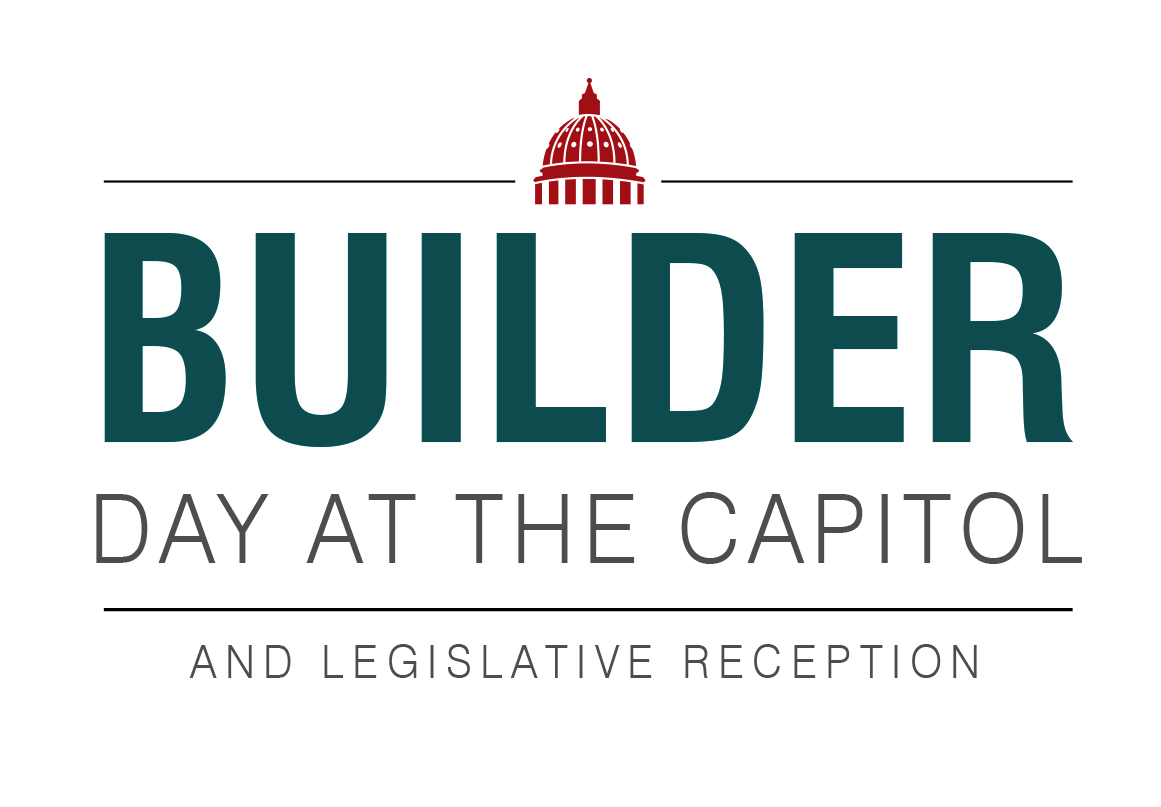The Builders Association of the Twin Cities, along with the Builders Association of Minnesota and 13 local home builders associations from outstate Minnesota are hosting Builder Day at the Capitol on March 12th. Some 200 individuals from the home building and remodeling industry across the state will be visiting state senators and representatives to have their voices heard regarding a variety of important issues relative to housing.
Home building and remodeling generates substantial state and local economic activity, from well-paying jobs for residents to tax revenue for local governments during and after construction. In fact, according to research by BATC’s national affiliate, the National Association of Home Builders, residential investment spending on the construction of new and remodeled housing has averaged around five percent of the United States’ Gross Domestic Product (GDP), while consumption spending on housing services has averaged between 12 and 13 percent of GDP.
In Minnesota, the home building and remodeling industry is experiencing a steady recovery after a historic downturn. The industry built more than 16,000 new residential housing units in 2013, and remodelers report a commensurate upsurge in activity. Homebuilders and remodelers employ highly trained and skilled laborers, both union and non-union, with an average wage for subcontractors currently at $32 per hour. Home ownership remains a core value for most Americans, and housing is truly an American-made product.
The housing industry is currently facing a number of major challenges, which will be brought to the attention of legislators during Builder Day at the Capitol. These include:
Regulatory Burden: Minnesota has the highest regulatory burden in the Midwest and one of the highest in the country, with between 25 and 35 percent of the final sales price of a home attributed to regulatory costs. While the industry supports regulations that benefit home buyers and the community, it is prepared to fight against regulations that are unneeded and unwarranted.
Home Indoor Sprinkler Mandate: One looming regulation that the industry is fighting to halt would require home indoor sprinklers in all new single family homes at 4,500 square feet or greater (including unfinished basements). This is a provision included in the next version of the Minnesota State Building Code, and one which 41 out of the 43 states which have considered the mandate have already rejected. Substantial independent data supports the fact that new homes are more fire safe than older homes, and mandated interconnected smoke alarms have proven to be effective in saving lives. Minnesotans have told independent surveyers that they don’t want this regulation, the Residential Code Advisory Committee voted twice against the provision, while in 2011, 2012, and 2013, a bi-partisan, super-majority of state legislators were in support of legislation which would prohibit including an indoor sprinkler mandate in the building code.
B2B Taxes: Like most in the business community, home builders, remodelers and all of their associated companies are concerned with the business-to-business labor service tax enacted last year. Besides being overly burdensome to an industry just coming out of recession, understanding and complying with the law as written is a challenge.
Statewide Building Code Enforcement: Building contractors are required to be licensed by the State of Minnesota, plus those builders and remodelers are required to comply with a statewide building code. The industry supports these requirements to ensure that home buyers and homeowners can trust that their homes are safe and well-built according to Minnesota law. But all too often, Minnesotans find themselves working with unlicensed contractors building without adherence to code, the results can be disastrous. The housing industry is looking for enforcement mechanisms state wide.
Subcontractor Registration: Subcontractors are the lifeblood of the homebuilding and remodeling industry. In 2012 the state legislature enacted a pilot subcontractor registration project that has proven to be a heavy burden for licensed contractors without providing any significant improvement over the previous independent contractor exemption certificate program.
Met Council Growth Policy: As the Metropolitan Council looks to the next 25 years of growth for the region, the housing industry is concerned about its push to use speculative demographic expectations in an attempt to shape patterns of growth. Builders and developers support policies that help ensure affordable housing for those who desire to own a home and that market forces remain the primary arbiter of how that growth will occur.

